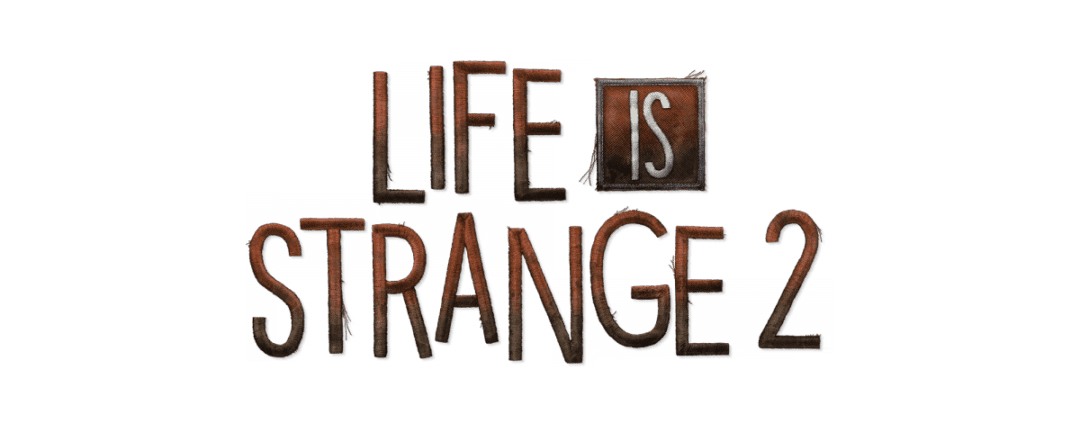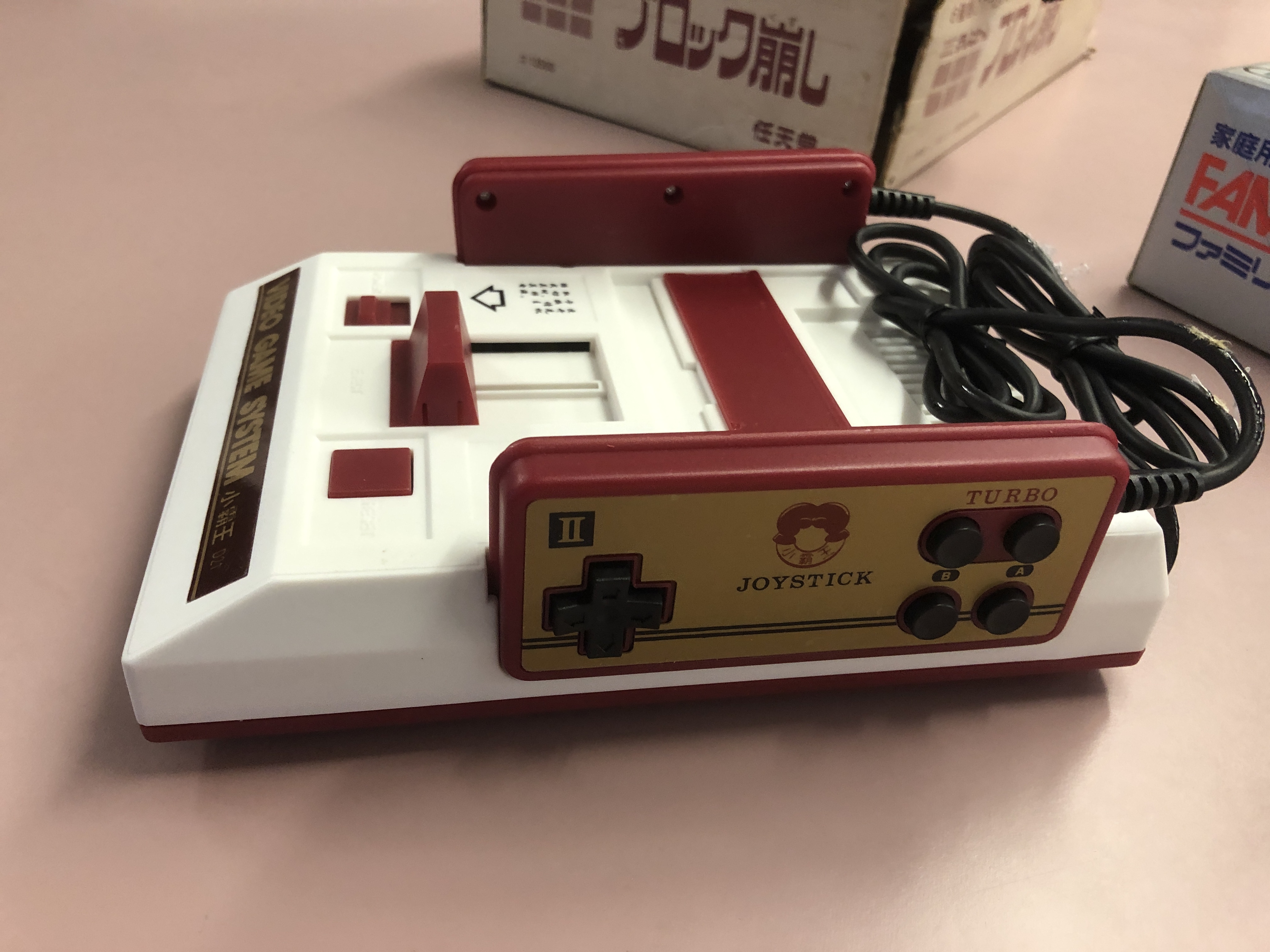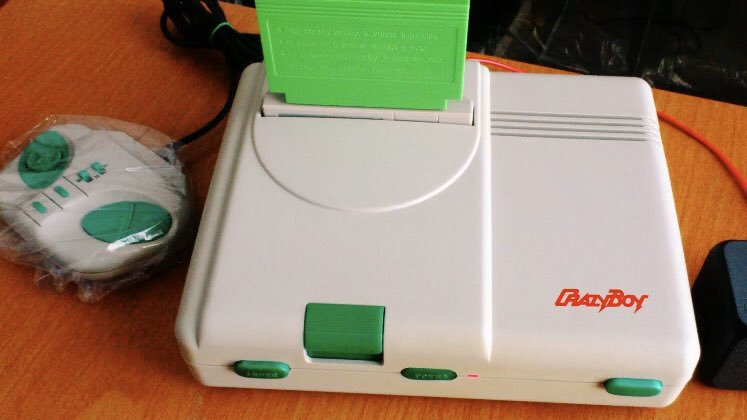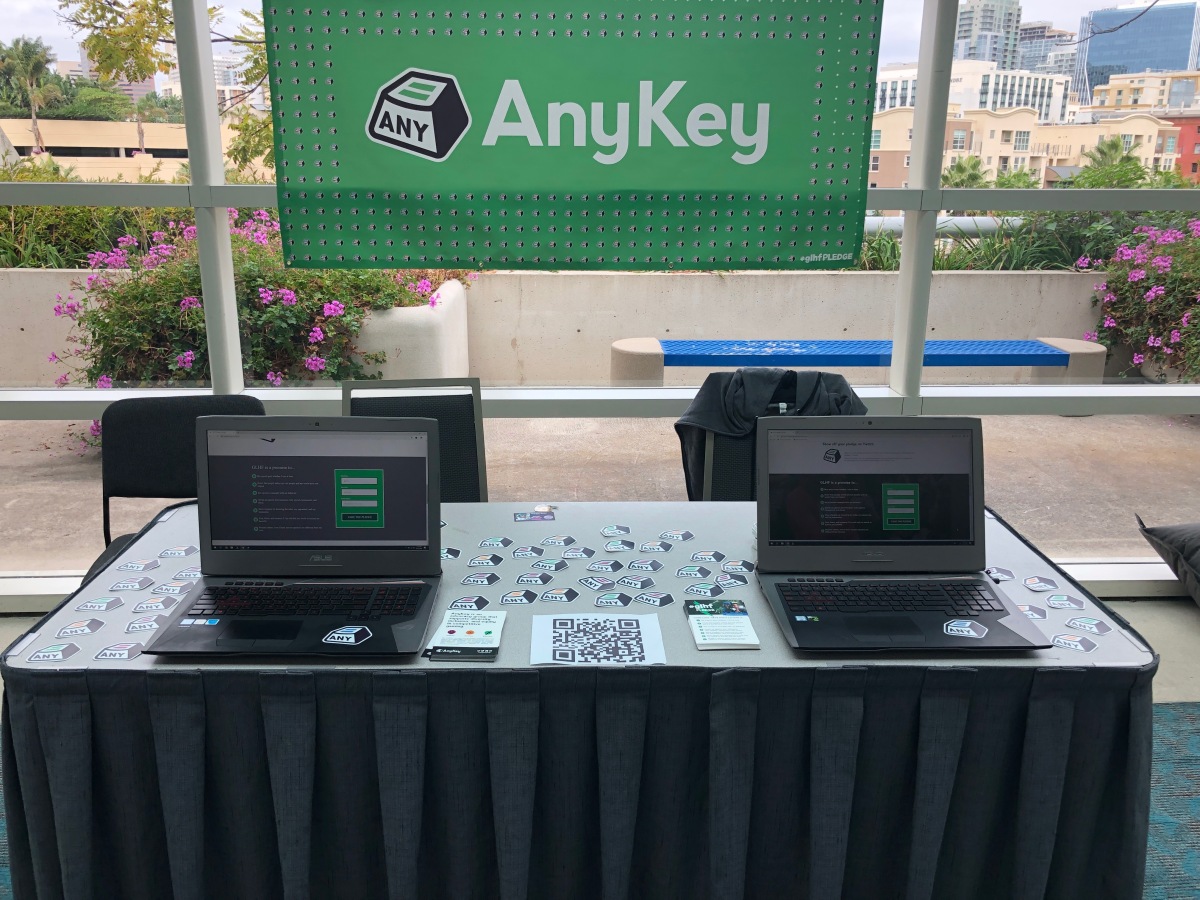A paper I wrote entitled “Privileging the Past
Problematic and Gendered Rhetoric in Retrogaming Content” is now available via the proceedings of the Foundations of Digital Games 2022 conference. I won best paper for this article and I’m really excited that it’s finally out for all to read.
Here’s the abstract to the article:
This paper presents qualitative analysis of 5 of the most popular retrogaming channels on the streaming site “YouTube” to understand how notions of gaming past are brought to bear on the present. Findings suggest that content creators draw upon personal histories and well-trodden discussions to present informational content about products of the past. However, these accounts are often situated in privileged and gendered accounts that are indicative of what Salter and Blodgett term “Toxic Geek Masculinity”. Although seemingly innocuous, these narratives potentially contribute to barriers of entry into the gaming community for marginalized individuals that do not fit within the hegemonic gaming norm.
If the article is unavailable to you for whatever reason please let me know and I’d be happy to share a copy.
















